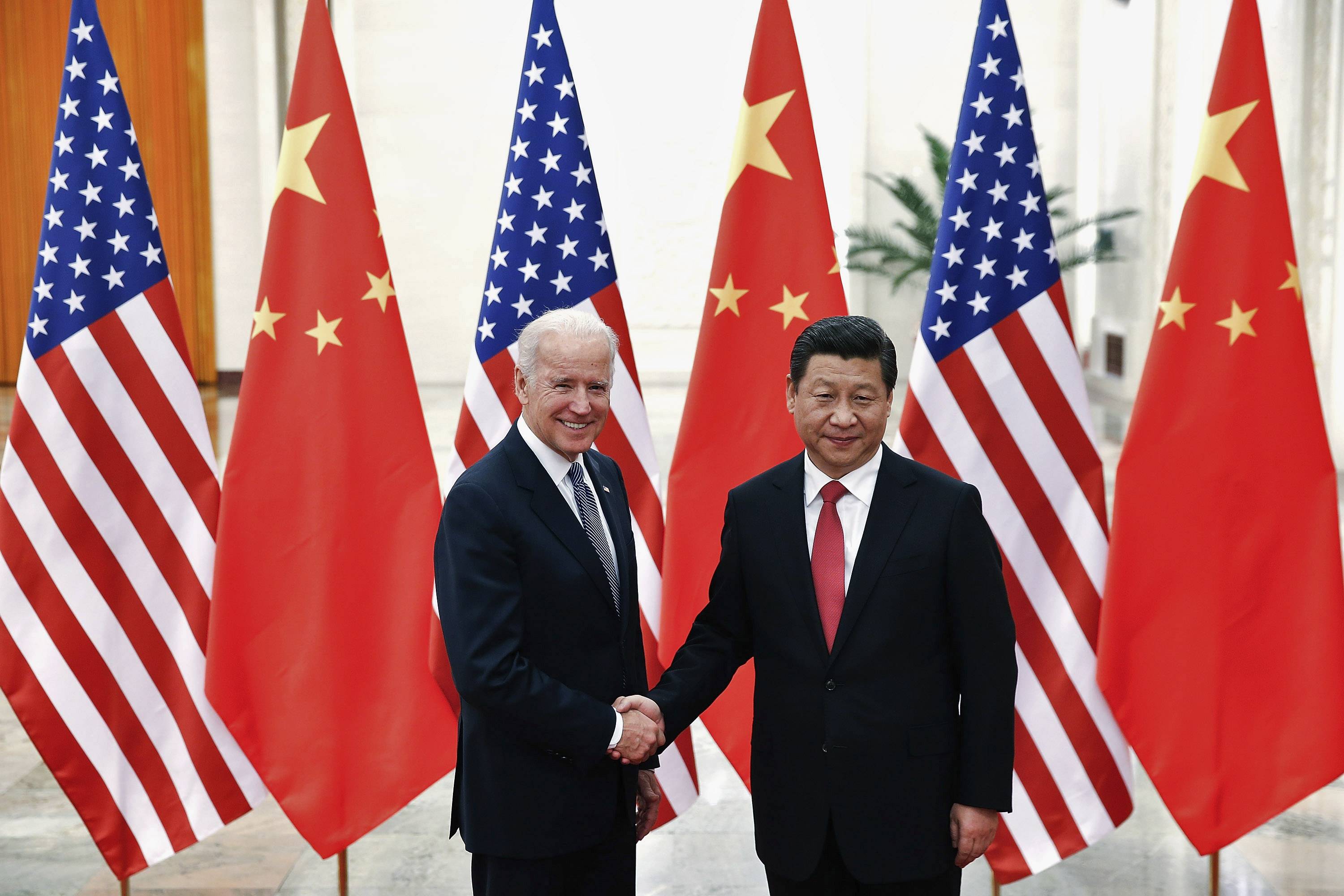The Biden administration’s strategy with China is widely anticipated to be a change in style but not substance from the Trump presidency. President-elect Joe Biden will arguably still perceive China as a major competitor, but his approach to deal with Beijing is bound to be less mean-spirited and arbitrary than Trump’s — more consistent and measured. Biden has promised to rebuild U.S. alliance with like-minded countries to pressure China into making changes. He will also likely broaden the litany of demands for changes, from market access to state involvements in the economy, from human rights issues to regional geopolitical conflicts. Biden will move beyond the simple transactional calculations of the Trump administration to command China’s good behavior.
Alas, if Biden’s ambition is still to wage a pressure campaign to gain concessions from China, he will face a number of formidable challenges.
First, to build an anti-China coalition is by no means an effortless task. The damages to U.S. leadership in the multilateral system under Trump are beyond easy and quick fixes. Trump backed out from the Paris Agreement, the World Health Organization, and the Trans-Pacific Partnership; belittled the NATO; paralyzed the World Trade Organization; and imposed trade barriers on Washington’s close allies. It is not clear that Biden will be able to gather sufficient bipartisan support to return to, or solidify, any of these multilateral arrangements. On some fundamental issues, such as regulations on data privacy and digital trade, the U.S. and the EU share deep disagreements. On trade and the economy, countries like Australia, Japan and South Korea find China an incredibly beneficial partner despite existing difficulties.



















With your current subscription plan you can comment on stories. However, before writing your first comment, please create a display name in the Profile section of your subscriber account page.